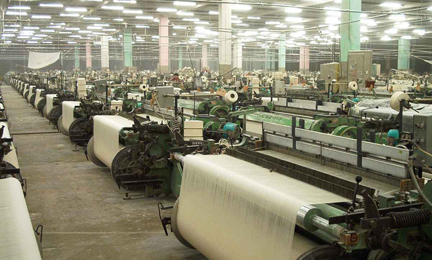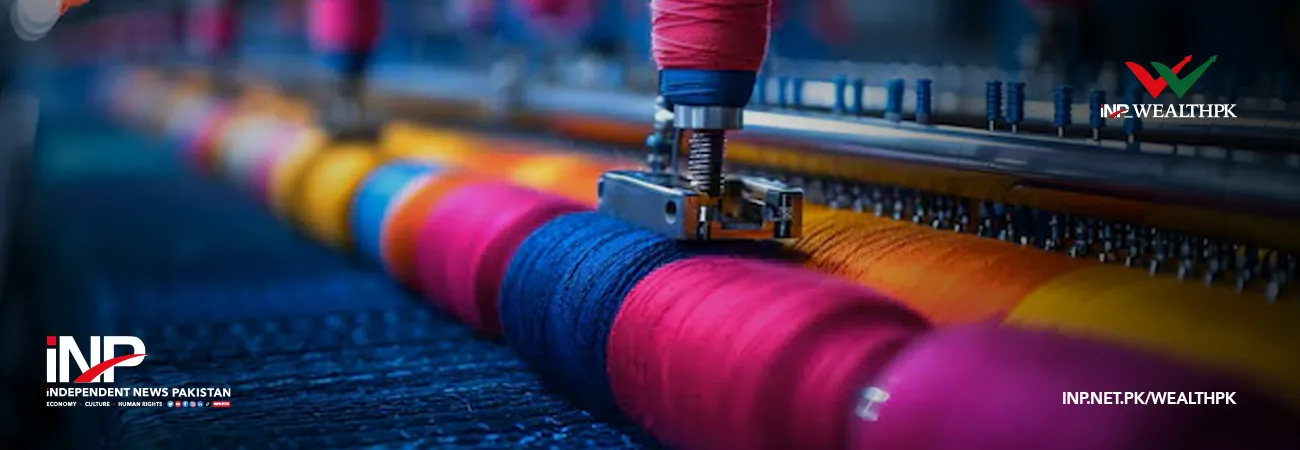INP-WealthPk
Moaaz Manzoor
Textile industry stakeholders express optimism about the strategic vision of the upcoming National Textile and Apparel Policy, while advising that critical gaps and implementation risks must be addressed to ensure tangible outcomes.

Speaking with Wealth Pakistan, Pakistan Textile Council CEO Muhammad Hasan Shafqaat said, “The industry must get competitive energy prices and interest rates, and taxation should be cooperative so that costs can be lowered and the industry can better compete in the region.” He clarified that the industry is not seeking subsidies but rather the removal of structural inefficiencies that weaken competitiveness.
“Cross subsidies, especially in areas such as energy, along with tax reforms and infrastructure, need greater clarity. What is required are specific timelines, legal assurances, and well-defined implementation measures. Elimination of infrastructure cess and other provincial levies on exports will also give a meaningful boost to the sector,” Shafqaat emphasized.
Echoing this sentiment, Shahid Sattar, Secretary General of All Pakistan Textile Mills Association (APTMA), described the upcoming policy as a strong and comprehensive document that addresses the sector’s major structural and operational challenges. “APTMA, as a principal stakeholder, has contributed significantly to its formulation.
The Ministry of Commerce has done an excellent job by ensuring a wide consultative process and incorporating meaningful interventions across energy, taxation, market access, and value addition,” he said. Sattar, however, pointed out that the real issue has never been policy design but rather policy implementation and continuity.
He recalled that the previous policy’s commitment to regionally competitive energy tariffs was a proven success. “The government provided electricity to the industry at around nine cents per kWh in 2019, resulting in a historic surge in textile exports. However, this tariff was abruptly withdrawn in 2023, and exports collapsed in tandem,” he explained.
Highlighting inconsistency in policies, he said, “For decades, the industrial units were encouraged to invest in in-house generation, particularly Combined Heat and Power (CHP) systems, which improve efficiency and reduce grid load. But now a sudden and arbitrary gas levy has been imposed on these very systems against the law and contrary to policy commitments,” Sattar said.
Both industry leaders emphasized that the sector is already aware of the issues and their solutions. What remains crucial, they stressed, is the government’s willingness and consistency in implementation. With timely action and sustained commitment, the new textile policy could help Pakistan boost its supply-side competitiveness, expand its global market share, and put the industry on a stronger growth trajectory.
Credit: INP-WealthPk









